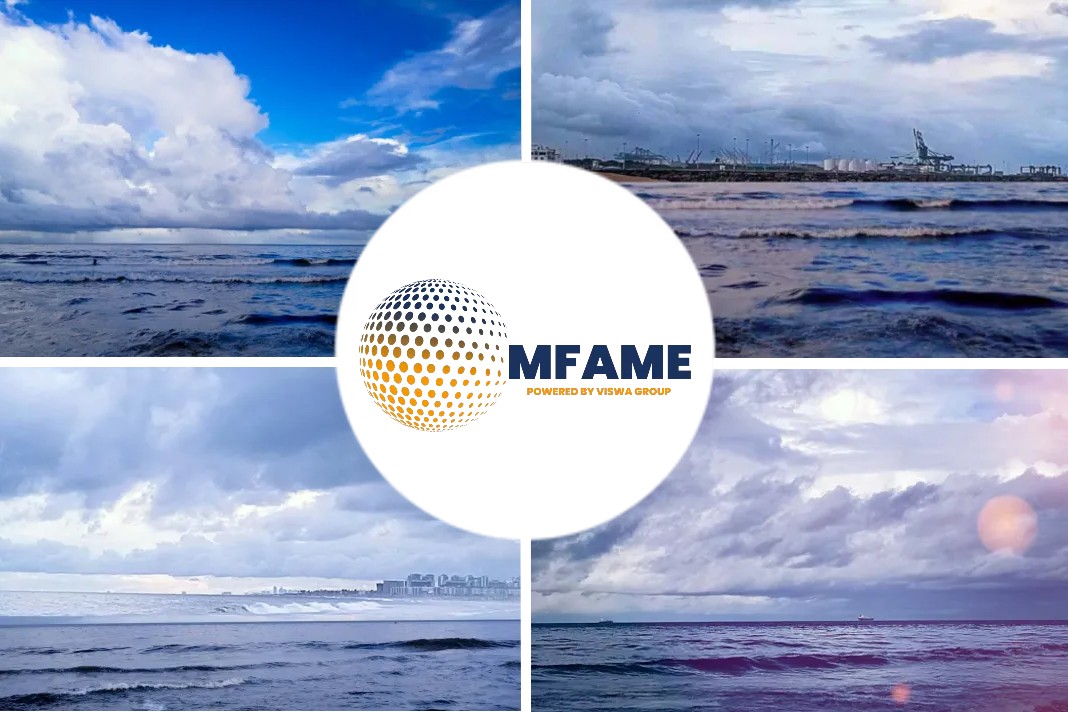- A new study from the Korea Maritime and Ocean University has concluded that LPG could be a ‘low-cost and eco-friendly alternative to marine propulsion fuels’ that would be ‘applicable regardless of ship size’.
- Ships converted to LPG fuel use, reduce fuel consumption.
- LPG propulsion ships make a reliable estimate.
According to a new study from Korea Maritime and Ocean University, LPG could be a “low-cost and environmentally friendly alternative to marine propulsion fuels” that is “applicable regardless of ship size”, as reported by Bunkerspot.
Shipping industry
In a statement sent to Bunkerspot today, the University said that LPG ‘could open doors to zero carbon emission ships’ – but ‘unfortunately [it] has found little application so far in the shipping industry and is, therefore, lacking certification’.
The research paper, which drew upon conducted statistical analysis of a database of 72,098 ships registered in South Korea, was presented in Volume 330 of the Journal of Cleaner Production, published on 1 January.
Fuel consumption
The research team leader Dr Won-Ju Lee commented: ‘There is a lack of comprehensive assessment of the economic, environmental, and safety aspects of LPG-based fuel systems worldwide. In our study, we identified ships with South Korean registrations that can be converted to LPG fuel use, and determined the reduction in fuel consumption, cost, and air pollutants from using LPG.’
Dr Lee said that the findings were ‘encouraging’.
‘Unlike current shipping fuels such as heavy fuel oil,’ continued Dr Lee, ‘LPG does not generate marine pollutants during leaks and is applicable without restrictions on the ship size.’
According to the study’s theoretical estimates, switching to LPG reduced the annual fuel consumption by 7.5–10.4%, fuel cost by 8.8–25.9%, carbon dioxide emissions by 10–14%, nitrogen oxide emissions by 14–16%, and sulphur oxide/particulate matter emissions by 98–99%.
Academic research
Additionally, the study reviewed the current status of academic research, technological advancement in the area of LPG-fuelled engines, development of market competitors, and the safety standards developed by the International Maritime Organization (IMO) for establishing international standards for LPG-fueled ships.
The researchers also recommended that the take-up of LPG as a marine fuel could be incentivised by subsidising its prices and ‘formulating government policies favouring its usage.
Dr Lee commented: “The results of this study could provide a reference for the national shipping industry to inform choices on using environment-friendly and low-cost fuel sources. Additionally, constructing LPG propulsion ships would help in making a more reliable estimate of the total cost of LPG retrofit, conversion, and operation.”
Did you subscribe to our newsletter?
It’s free! Click here to subscribe!
Source: Bunkerspot






















